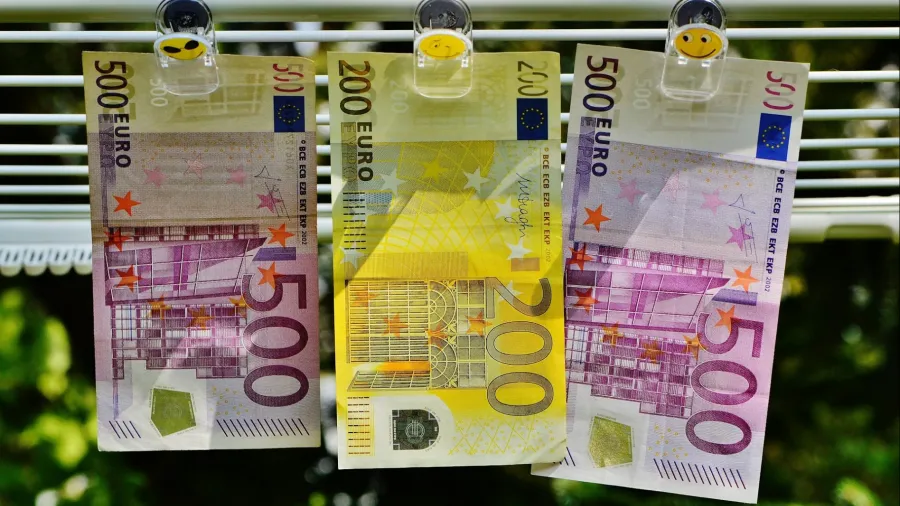
Shell companies and crypto propel money laundering risks in APAC
Trade-based ML is also on the rise, warned Forrester in its new report.
Shell companies have become the latest hotspot for money launderers in the Asia Pacific, weaving a new path to exploit regulatory loopholes, reports Forrester.
In a report on anti-money laundering (AML) trends in APAC, Forrester noted the proliferation of shell companies as a result of varying regulatory frameworks and enforcement across countries in the region. This makes it easier for criminals to exploit loopholes and conceal illicit activities, the report warned.
The rise of crypto, and regulatory gaps in managing the crypto market, has also caused a surge in crypto-based money laundering.
“Strong investor interest, as well as APAC’s varied regulatory frameworks, enable criminals to exploit the perceived anonymity and ease of cross-border transactions that cryptocurrencies offer,” Forrester stated.
ALSO READ: Techcombank’s Prasenji Chakravarti lays bare their ESG strategy
Trade-based money laundering has also reportedly become more prevalent and is increasingly becoming a challenge for banks.
“The complex network of suppliers, intermediaries, and financial institutions involved in cross-border trade gives criminals ample opportunities to manipulate invoices, overvalue goods, and transfer illicit funds under the guise of legitimate trade,” Forrester said.
Tightening regulation
It isn’t just the challenge of preventing scams that is weighing on banks. Tightening AML regulation is also a digital and cost conundrum.
“With the tightening AML regulation, banks are required to perform comprehensive investigations considerably increasing due diligence workloads. Fragmented AML regulations across the region add to the complexity and pose challenges around regional cooperation, more loopholes for criminals, and more complicated information sharing among APAC countries,” Forrester said.
ALSO READ: How banks should rethink pricing
To stay ahead of emerging trends, Forrester suggests increasing collaboration between financial institutions and public institutions.
“Financial institutions can’t successfully battle increasingly sophisticated money laundering risks on their own. Forrester sees that there has been an increase in public and private collaboration on data sharing, with one key example being the Monetary Authority of Singapore’s collaboration with six major banks in the country," said Meng Liu, senior analyst at Forrester.






![Lorem Ipsum [ABF 1]](https://cmg-qa.s3.ap-southeast-1.amazonaws.com/s3fs-public/styles/exclusive_featured_article/public/2025-03/a_hand_pointing_to_a_futuristic_technology_5b87c9d0e3_1.png.webp?itok=2w0y1WhS)


![Cross Domain [Manu + SBR + ABF + ABR + FMCG + HBR + ]](https://cmg-qa.s3.ap-southeast-1.amazonaws.com/s3fs-public/styles/exclusive_featured_article/public/2025-01/earth-3537401_1920_4.jpg.webp?itok=WaRpTJwE)








 Advertise
Advertise

